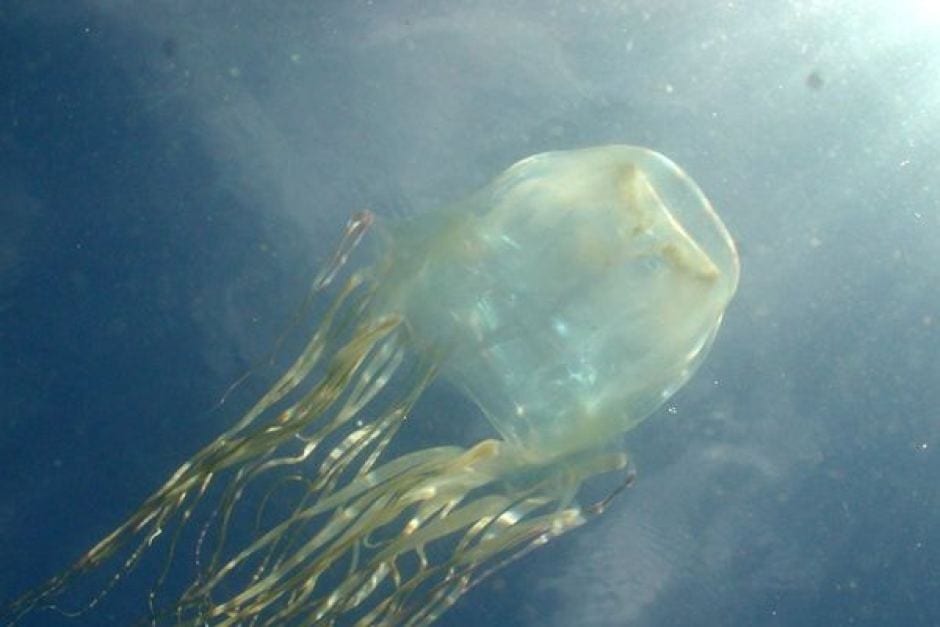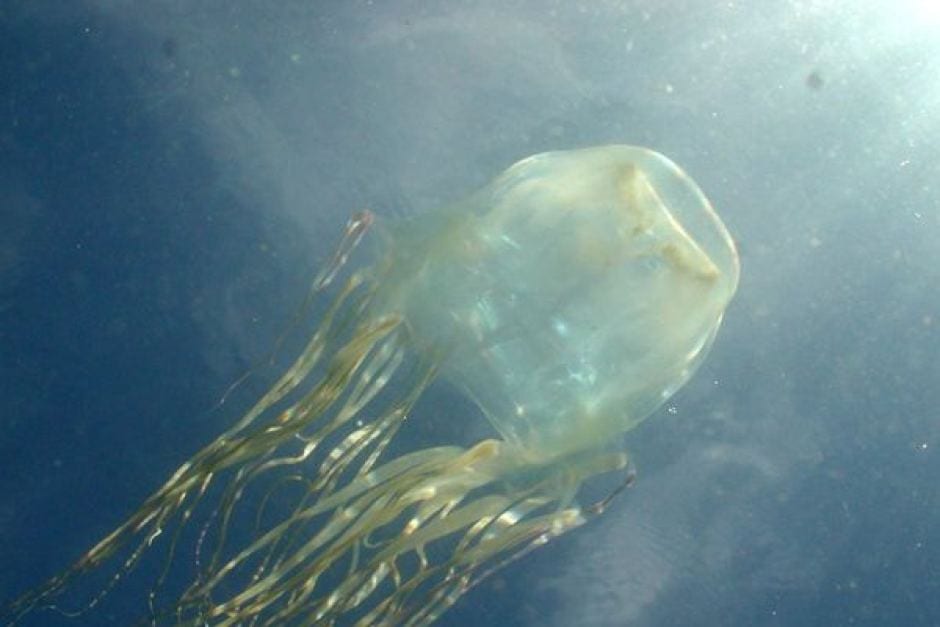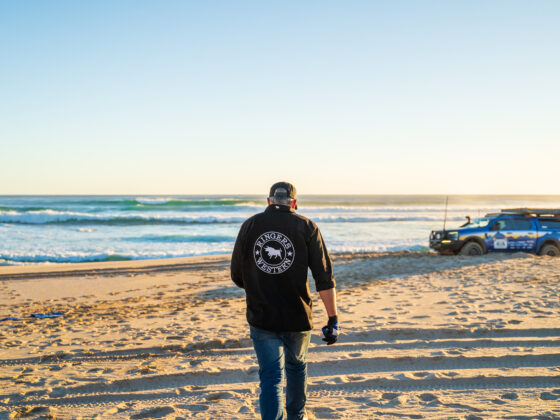Few touring and off-road enthusiasts would not know of Irukandji jellyfish and their deadly stings, that are found around the northern half of Australia. Standard treatment regime has been to pour vinegar over the affected area for 30 seconds, and rush the victim to hospital. Researchers at Sydney University have now discovered an Irukandji venom antidote, which may be available to the general public sooner than you’d think.
As most know, the deadly box jellyfish populate waters across the top end, particularly during ‘stinger season’, from October to May. Regardless of belief in ‘global warming’, there is evidence that Irukandji are moving further south along our coastlines. The ocean dwellers only grow to one centimetre in size, however can have up to 60 stingers that grow to three metres in length. Their stings cause excruciating, burning pain, paralysis, and in some cases cardiac arrest and death.

Now, Sydney researchers studying how the venom causes pain appear to have stumbled upon a medicine that could block the symptoms; think of it like an anti-pain medication targeted to the specific symptoms caused by a sting.
“Box jellyfish venom hurts really, really, really badly, and we didn’t understand how it works, so we started from that angle, of trying to figure out how the pain works,” Associate Professor Greg Neely said. “And then while we were studying it we realised, ‘oh this pathway’s totally blockable with drugs’, so we just tested it and it worked.”
Irukandji antivenom already exists, and is available in some northern state hospitals, however must be accessed and injected by a medical professional. With the new research being completed, it may be possible for punters to carry a topical cream or spray, to self-administer in the case of a sting.
The research is ongoing, and though Associate Professor Greg Neely and his team have been able to successfully negate the sting’s symptoms, further research is required to confirm if the medication will be able to stop a victim going into cardiac arrest. There is concern that this may just mask symptoms and make the victim more comfortable, but they will still need to be transported to hospital as soon as possible to receive the antivenin.
When we learn more about this possible Irukandji antidote, we will report back and keep you updated.













4 comments
I think a fact check is required. Not Irukandji but Box Jellyfish only.
Sorry but you have it wrong it’s the Box Jellyfish not Irukandji they are referring to. The Irukandji is
only about the size of your thumbnail and very hard to see in the water, both around in our warm tropical waters.
Good news that advances are continuing but there’s a long way to go. There’s a far better article about the actual state of research here. http://theconversation.com/how-we-used-crispr-to-narrow-in-on-a-possible-antidote-to-box-jellyfish-venom-116283
Irukandji jellyfish (/ˌɪrəˈkændʒi/ IRR-ə-KAN-jee) are any of several similar, extremely venomous species of box jellyfish.
The antidote is able to be used across many species of Box Jellyfish, which covers Irukandji.